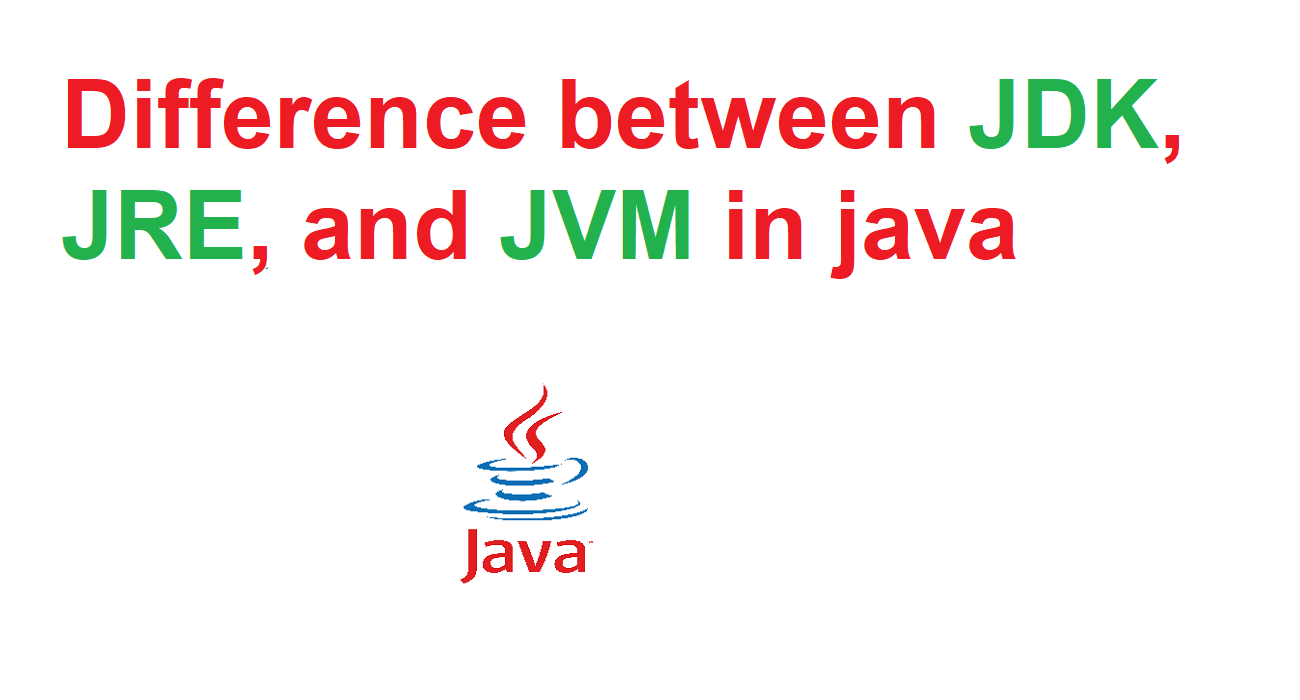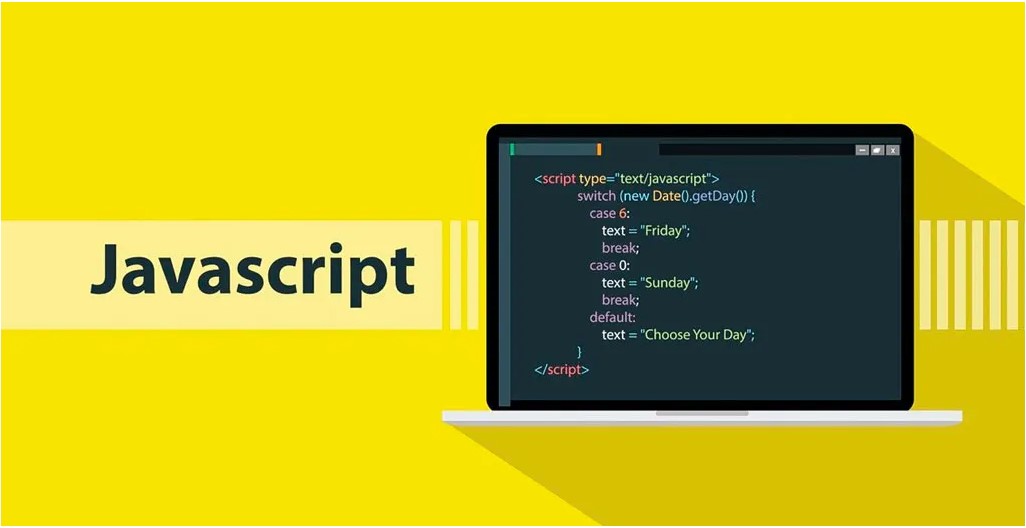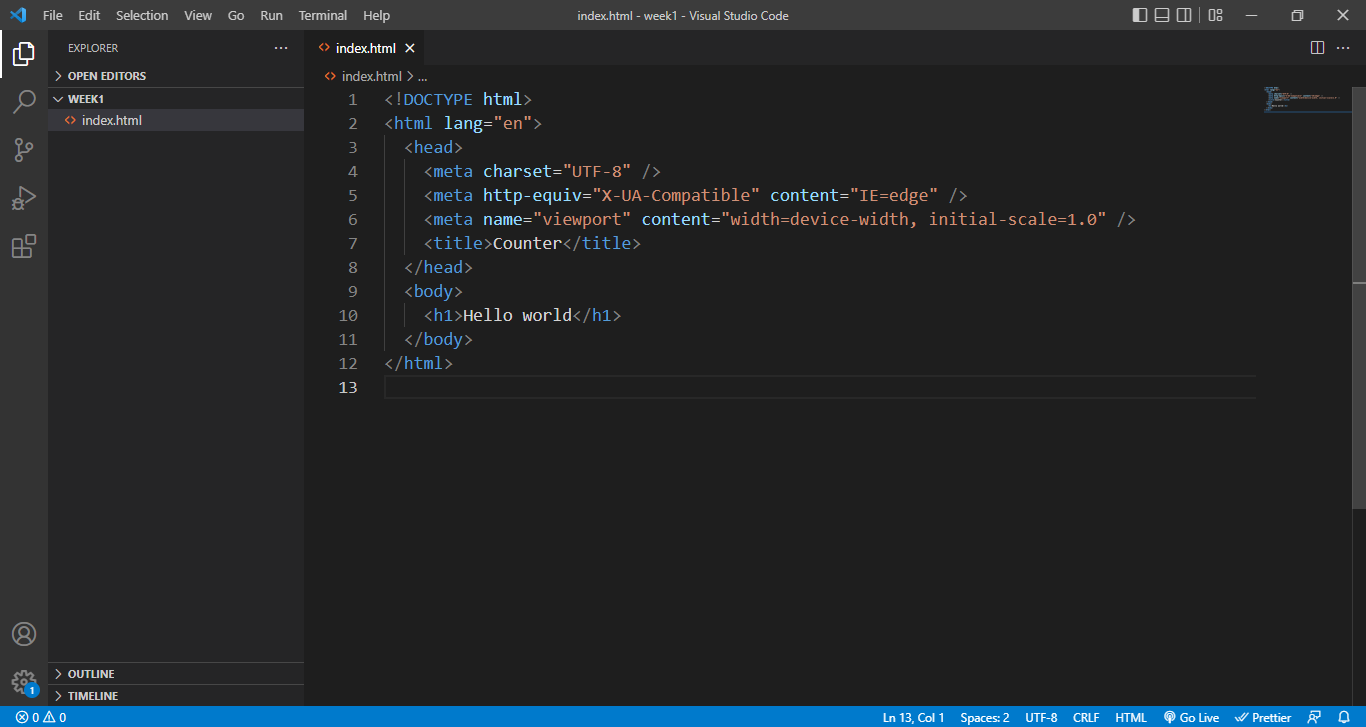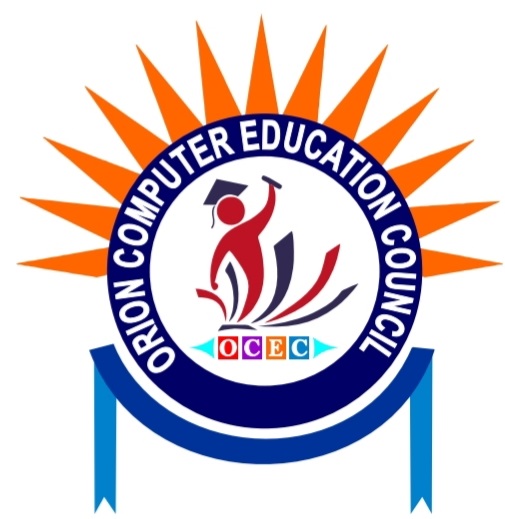Difference between JDK, JRE, and JVM in java

Difference between JDK, JRE, and JVM :
Sure, let's break it down:
1. JDK (Java Development Kit): This is a kit used by developers to build Java applications. It includes tools such as the compiler (which converts Java code into bytecode), debugger, and other utilities necessary for developing Java programs. In essence, JDK is what developers use to write and compile Java code.
- JDK is a software development kit that includes everything needed to develop Java applications.
- It contains JRE, development tools (such as compilers and debuggers), and libraries.
- JDK is used by developers to write, compile, and debug Java code.
- It includes additional tools and utilities for building and packaging Java applications.
2. JRE (Java Runtime Environment): This is what users need to run Java applications on their systems. It includes the JVM (Java Virtual Machine) along with libraries and other components required to run Java bytecode. JRE does not contain development tools like the compiler; it's solely for executing Java applications.
- JRE is the package of software that includes JVM, libraries, and other components needed to run Java applications.
- It provides the runtime environment for executing Java programs but does not include development tools.
- JRE is necessary for running Java applications on a computer or device.
3. JVM (Java Virtual Machine): This is the engine that executes Java bytecode. It's responsible for translating bytecode into machine code that the underlying hardware can understand. JVM is part of both JDK and JRE, but while JDK includes additional development tools, JRE only includes the runtime environment needed to run Java applications.
- JVM is the runtime environment where Java bytecode is executed.
- It converts Java bytecode into machine code and executes it.
- JVM is responsible for memory management, garbage collection, and handling exceptions.
- It provides platform independence by enabling Java programs to run on any device or operating system.
In simple terms:
- JDK is for developers who want to write, compile, and debug Java code.
- JRE is for users who want to run Java applications on their systems.
- JVM is the runtime engine that executes Java bytecode, and it's included in both JDK and JRE.

Sandipan Kr Bag
I'm a dedicated full-stack developer, entrepreneur, and the proud owner of ocec.org.in , hailing from the vibrant country of India. My passion lies in creating informative tutorials and sharing valuable tips that empower fellow artisans in their journey. With a deep-rooted love for technology, I've been an ardent enthusiast of PHP, Laravel, Angular, Vue, Node, JavaScript, jQuery, Codeigniter, and Bootstrap from their earliest days. My philosophy revolves around the values of hard work and unwavering consistency, driving me to continuously explore, create, and share my knowledge with the tech community.
* Hire MeRelated Posts

জাভাস্ক্রিপ্ট কি? এটি কেন ব্যবহার করা হয় ?

জাভাস্ক্রিপ্ট লেখার পদ্ধতি
Step-by-Step Guide a Dynamic Image Slider with HTML, CSS, and JavaScript
Search
Latest Posts
Using AOS (Animate On Scroll) in React with Tailwind CSS
10 months ago

WebkitSpeechRecognition API
11 months ago

GitHub Understanding Common Prefixes in Conventional Commits
11 months ago
Subscribe to Our Newsletter
Get the latest updates straight to your inbox.

